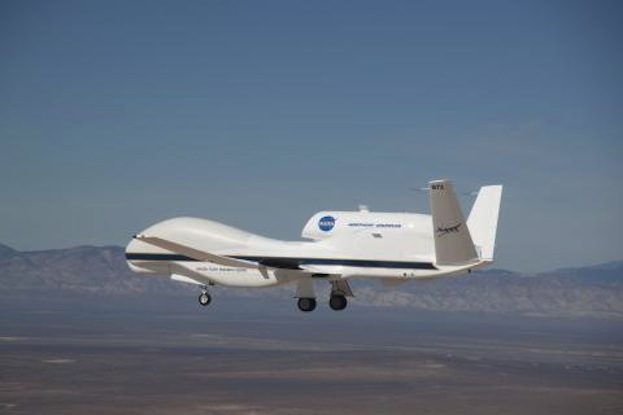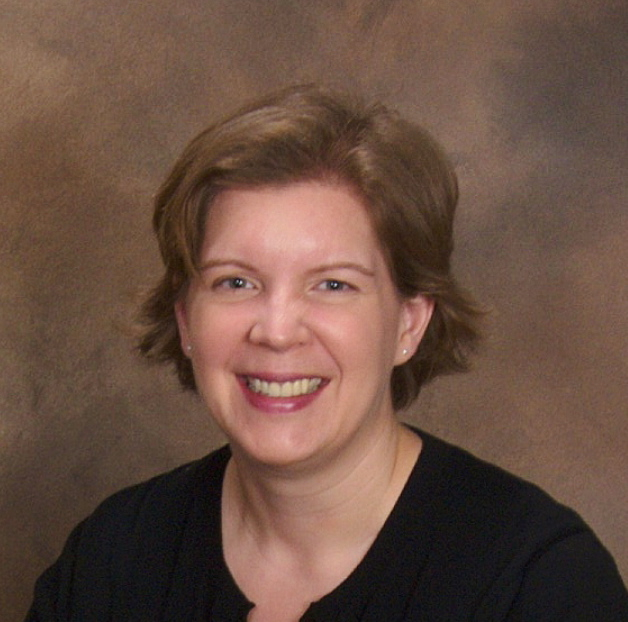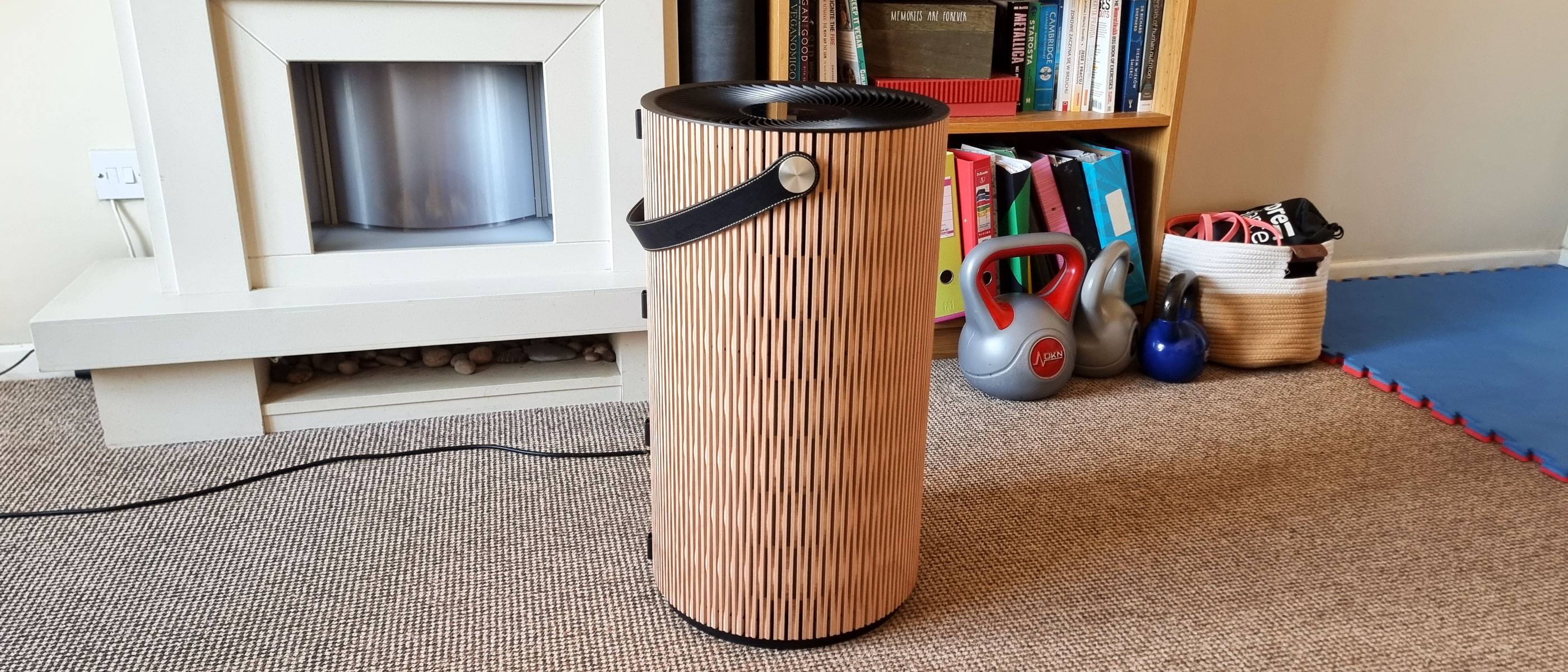WATCH LIVE @ 2 p.m. ET: NASA Hurricane Experts and Drone Pilots Host Google+ Hangout

Get the world’s most fascinating discoveries delivered straight to your inbox.
You are now subscribed
Your newsletter sign-up was successful
Want to add more newsletters?

Delivered Daily
Daily Newsletter
Sign up for the latest discoveries, groundbreaking research and fascinating breakthroughs that impact you and the wider world direct to your inbox.

Once a week
Life's Little Mysteries
Feed your curiosity with an exclusive mystery every week, solved with science and delivered direct to your inbox before it's seen anywhere else.

Once a week
How It Works
Sign up to our free science & technology newsletter for your weekly fix of fascinating articles, quick quizzes, amazing images, and more

Delivered daily
Space.com Newsletter
Breaking space news, the latest updates on rocket launches, skywatching events and more!

Once a month
Watch This Space
Sign up to our monthly entertainment newsletter to keep up with all our coverage of the latest sci-fi and space movies, tv shows, games and books.

Once a week
Night Sky This Week
Discover this week's must-see night sky events, moon phases, and stunning astrophotos. Sign up for our skywatching newsletter and explore the universe with us!
Join the club
Get full access to premium articles, exclusive features and a growing list of member rewards.
NASA hurricane researchers and drone pilots will discuss flying in and around Atlantic hurricanes today (July 23) at 2 p.m. EDT during a Google+ Hangout.
NASA social media followers can submit questions on Google+ or Twitter in advance and during the event using the hashtag #NASAHS3. Before the Hangout begins, NASA will also open a thread on its Facebook page where questions may be posted.
Panelists for the Google+ Hangout are:
- Scott Braun, HS3 principal investigator, NASA Goddard Space Flight Center
- Tom Miller, Global Hawk pilot, NASA Dryden Flight Research Center
- Marilyn Vasques, HS3 project manager, NASA Ames Research Center
- Brian McNoldy, senior research associate, University of Miami, Fla.
You can watch the webcast on NASA TV or NASA's Google+ page. Watch the webcast here:
Listen to NASA's Third Rock Radio
From NASA:
Third Rock - America's Space Station is set to launch with a New Rock/Indie/Alternative format on Monday, Dec. 12. The station is being developed and operated at no cost to the government through a Space Act Agreement. Third Rock can be reached from NASA's home page, www.nasa.gov, and is available through NASA iPhone and Droid mobile applications.
Get the world’s most fascinating discoveries delivered straight to your inbox.
NASA Satellite TV Information:
NASA TV is available in continental North America, Alaska and Hawaii on AMC-18C. A Digital Video Broadcast (DVB) compliant Integrated Receiver Decoder (IRD) is needed for reception. Below are parameters for each channel:
Uplink provider = AMC 18 C Transponder = 3C 105 degrees W C-Band Downlink Frequency: 3760 MHz Downlink Polarity: Vertical Transmission Format = DVB-S, 4:2:0 FEC = ¾ Data Rate = 38.80 Mbps Symbol Rate = 28.0681 Modulation: QPSK/DVB-S
Email Becky Oskin or follow her @beckyoskin. Follow us @OAPlanet, Facebook & Google+. Original article on LiveScience's OurAmazingPlanet.

 Live Science Plus
Live Science Plus










